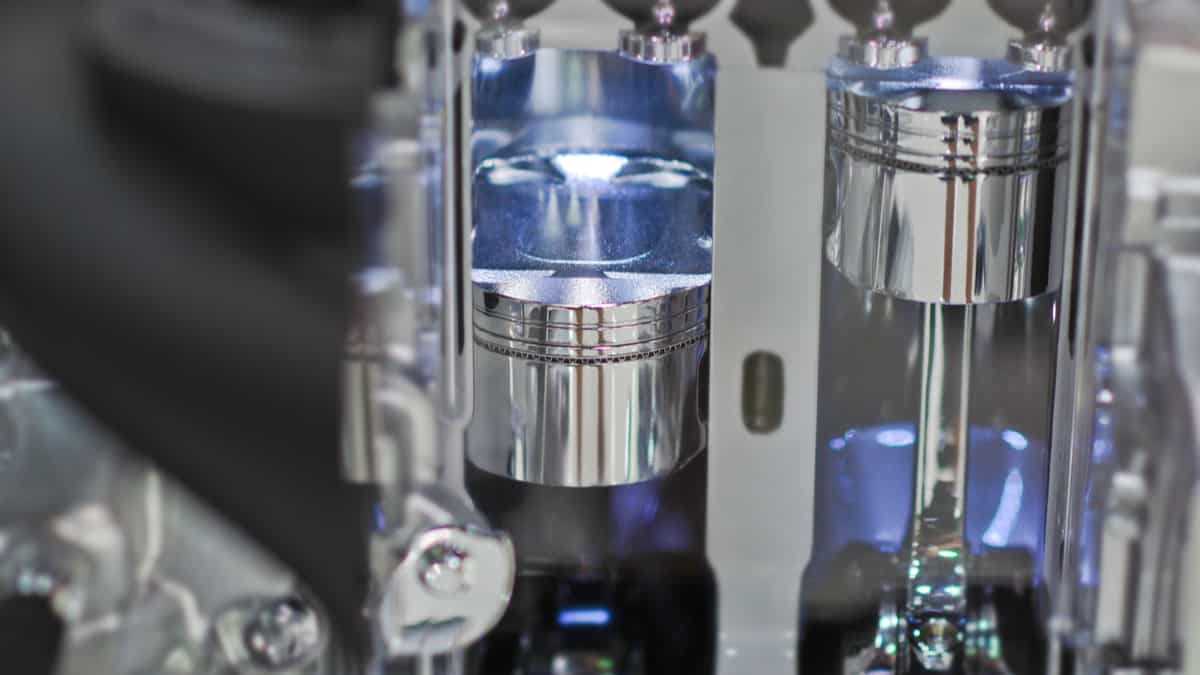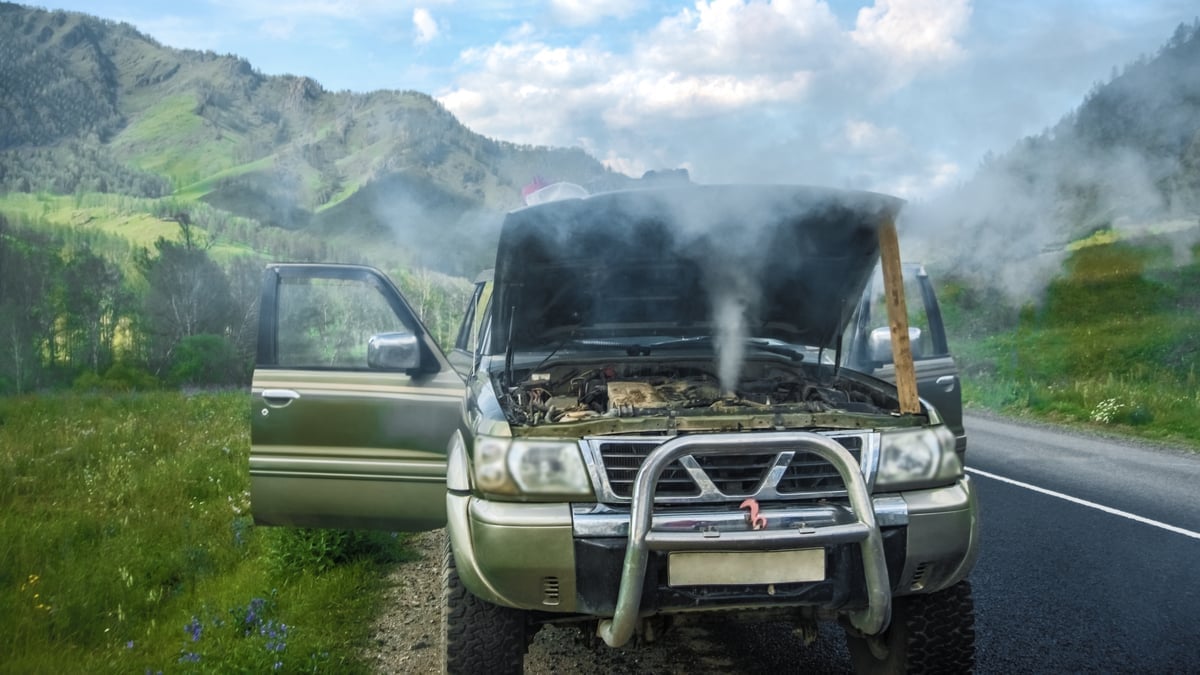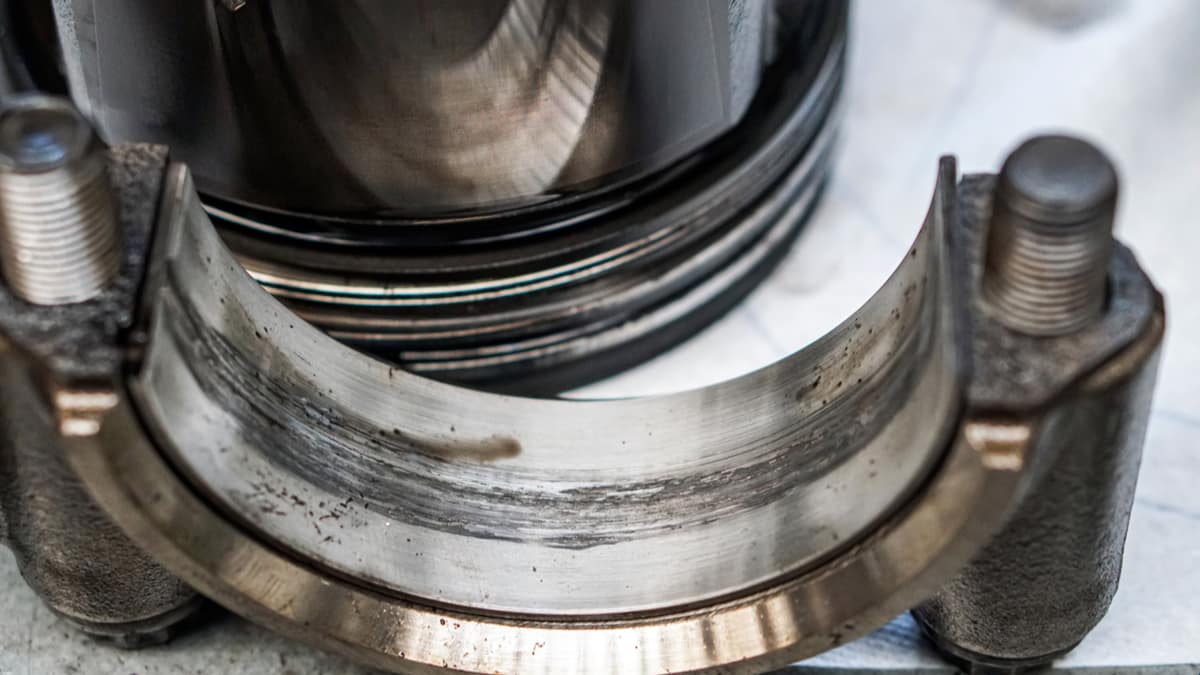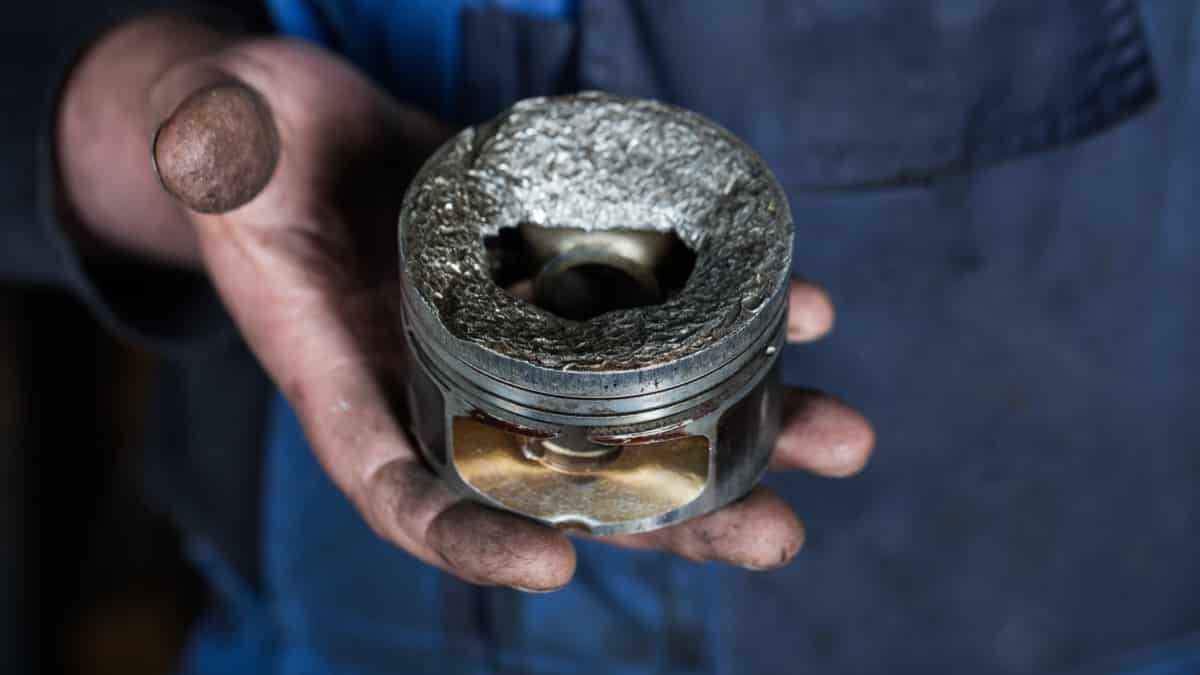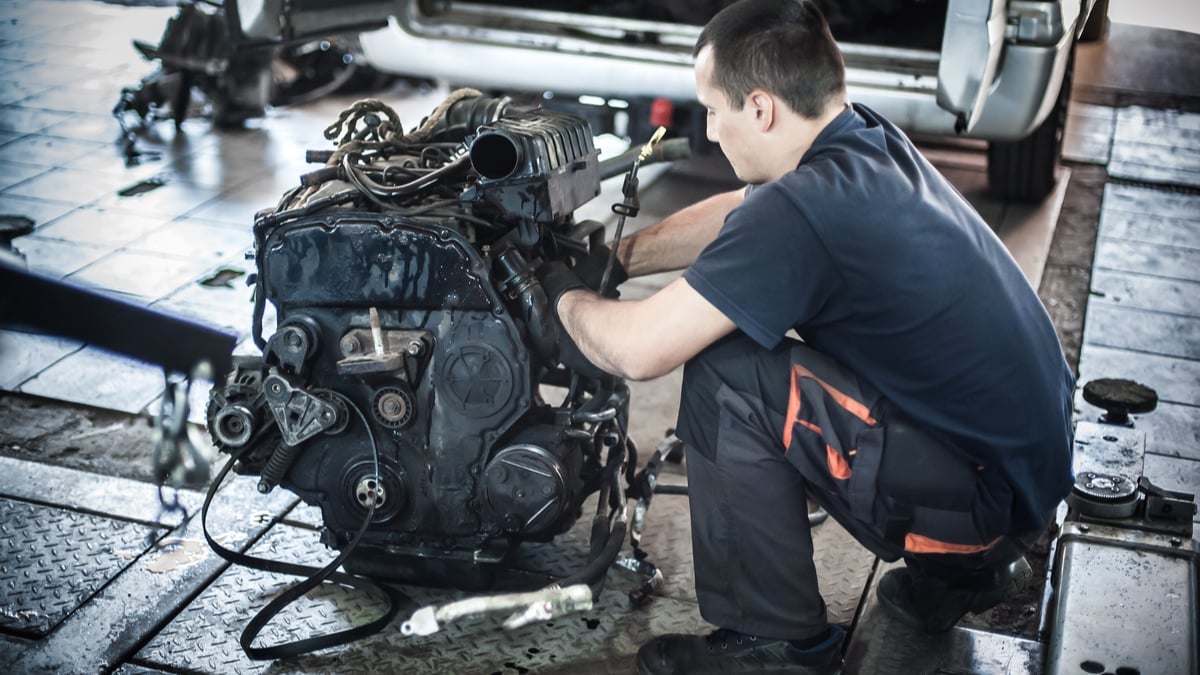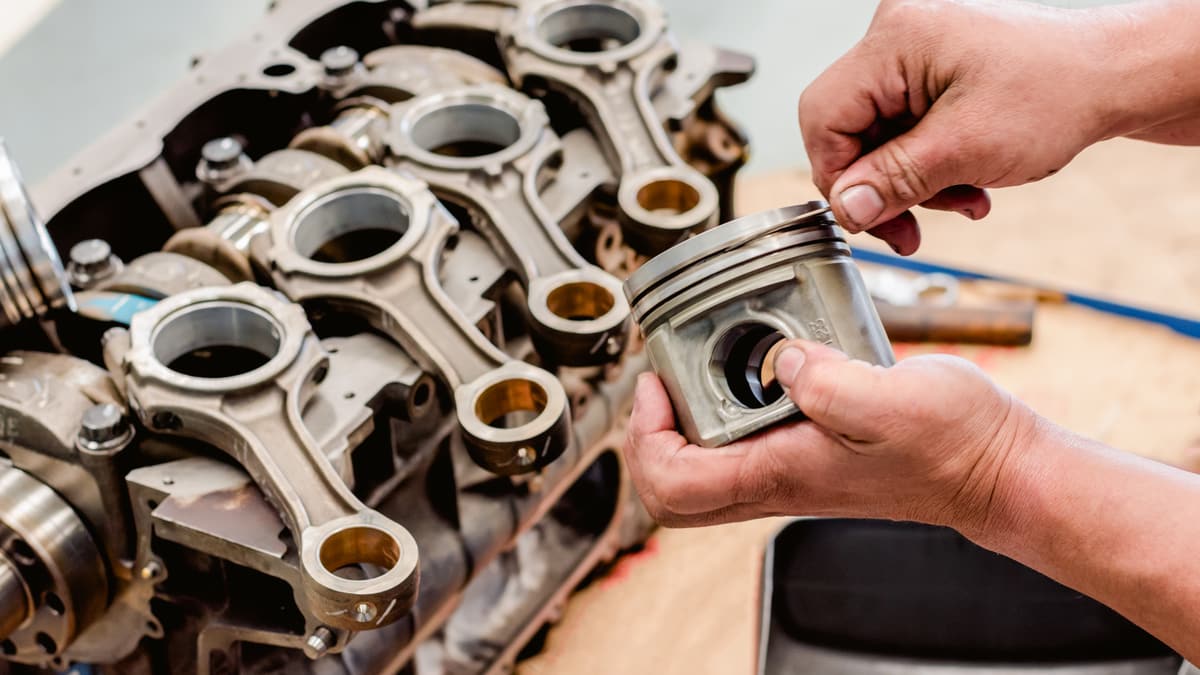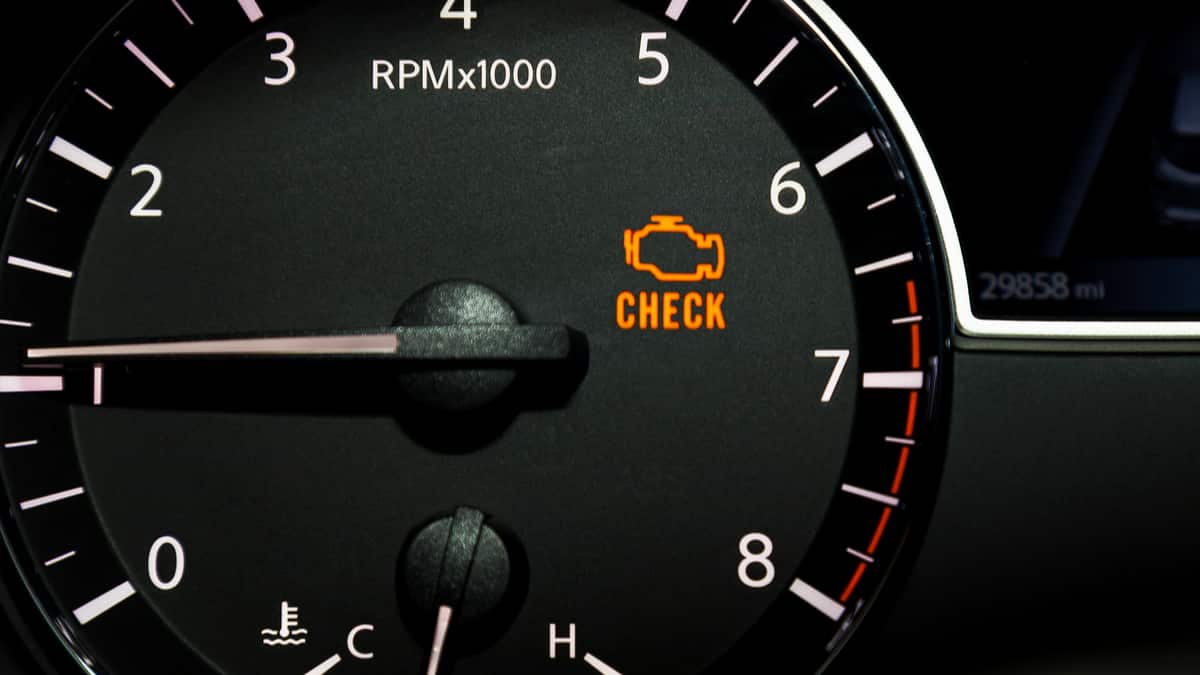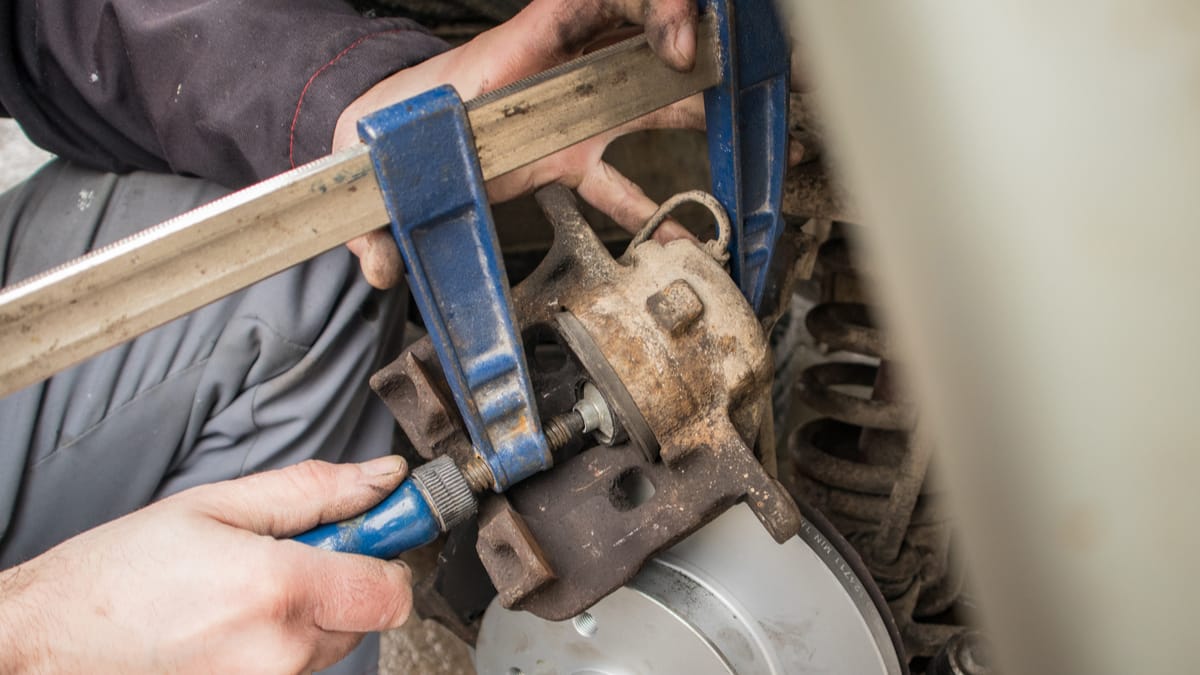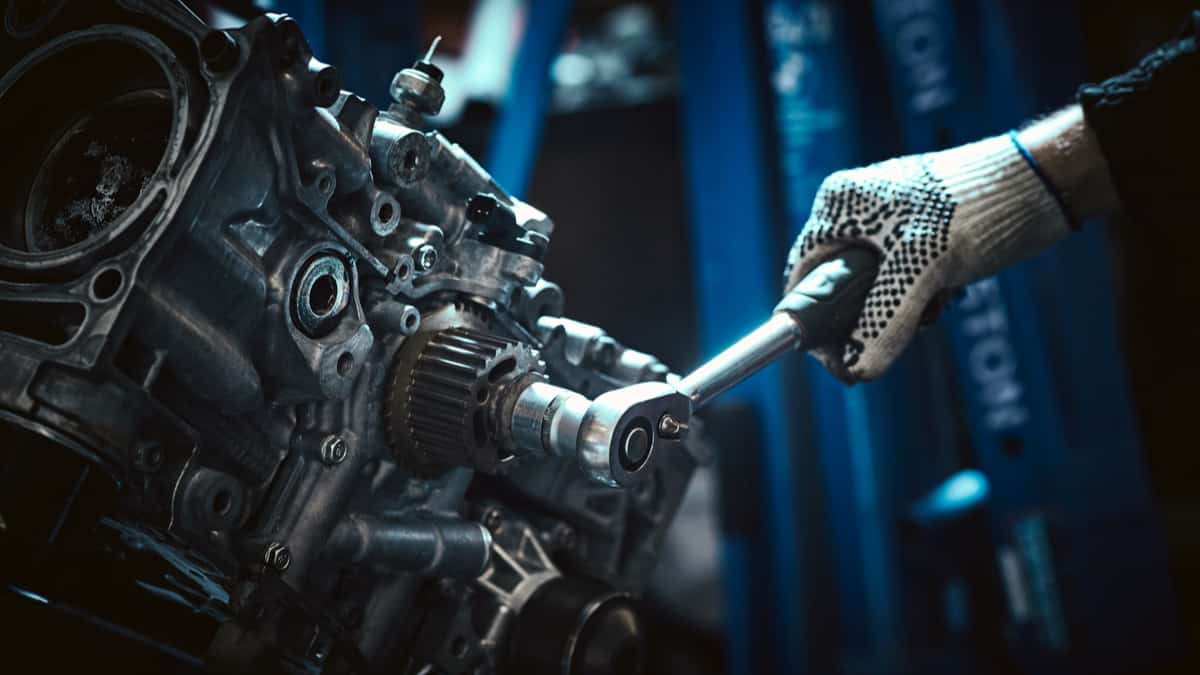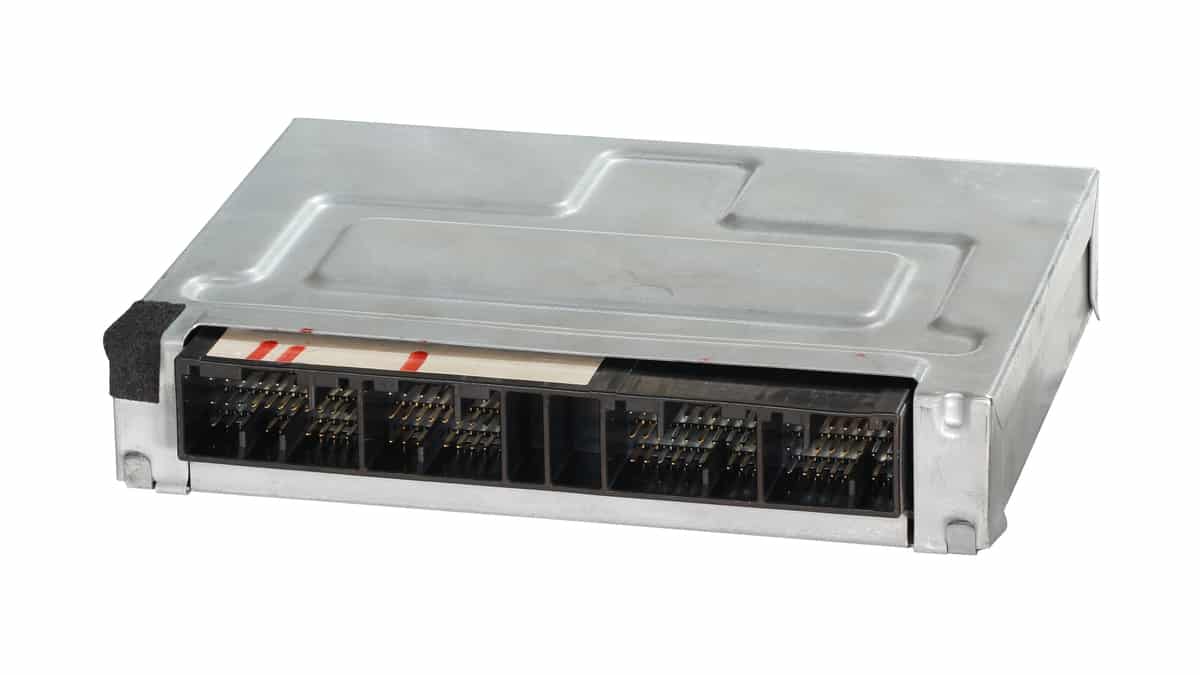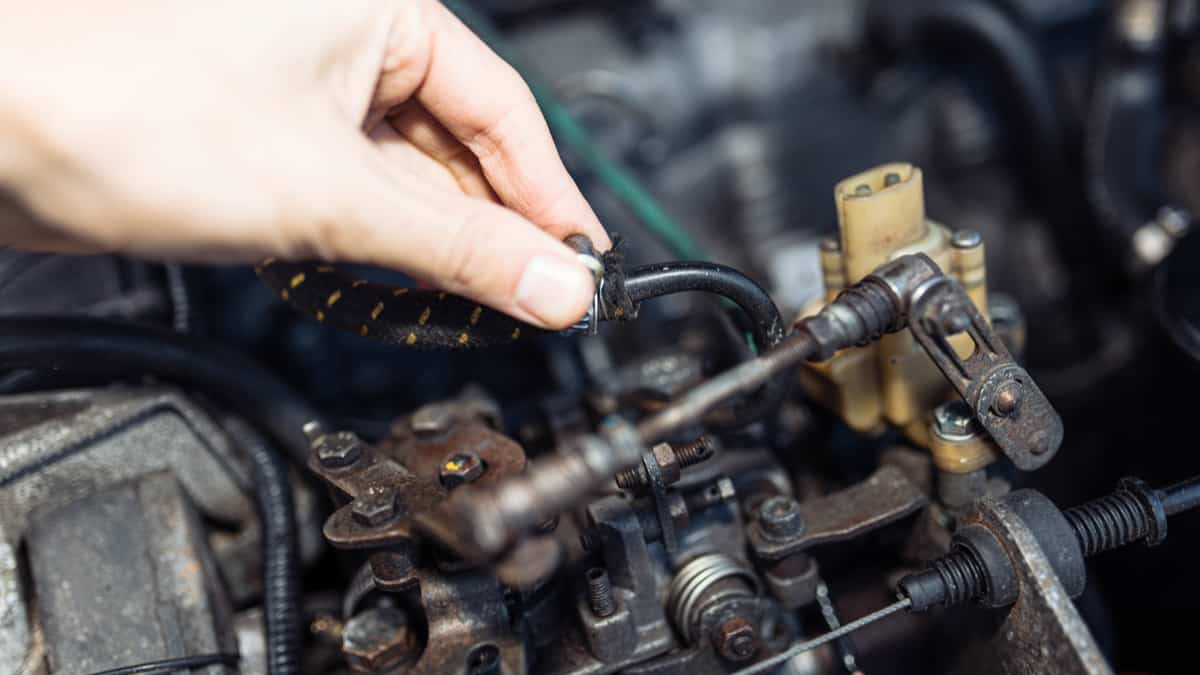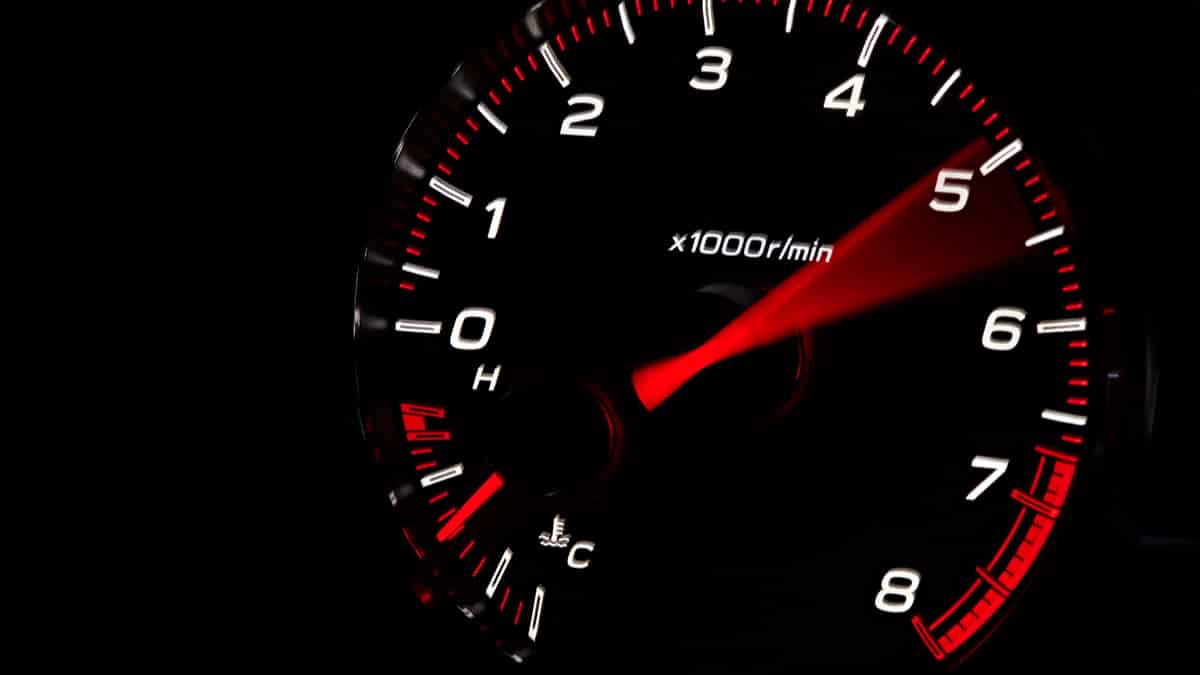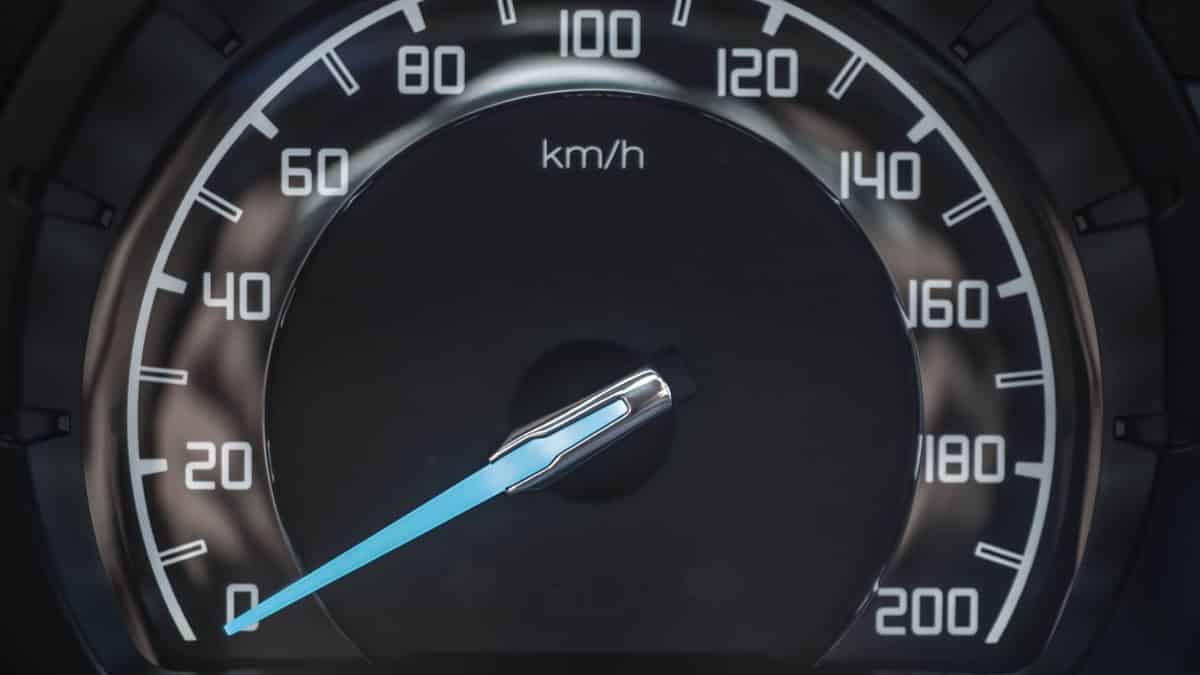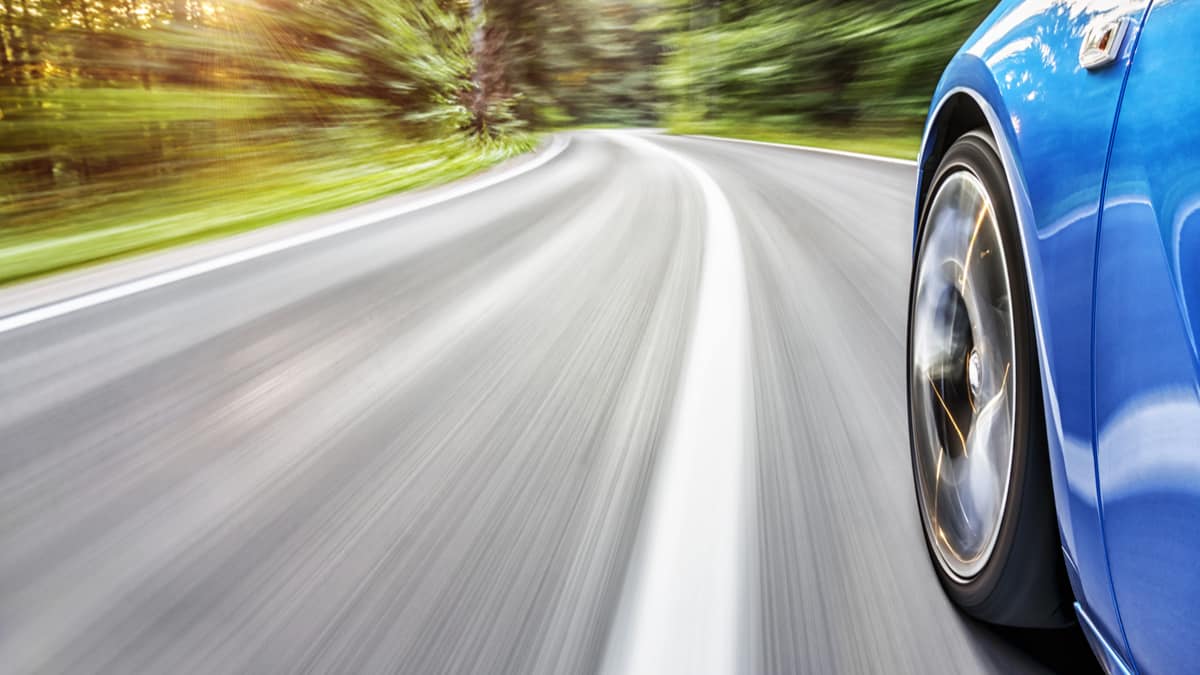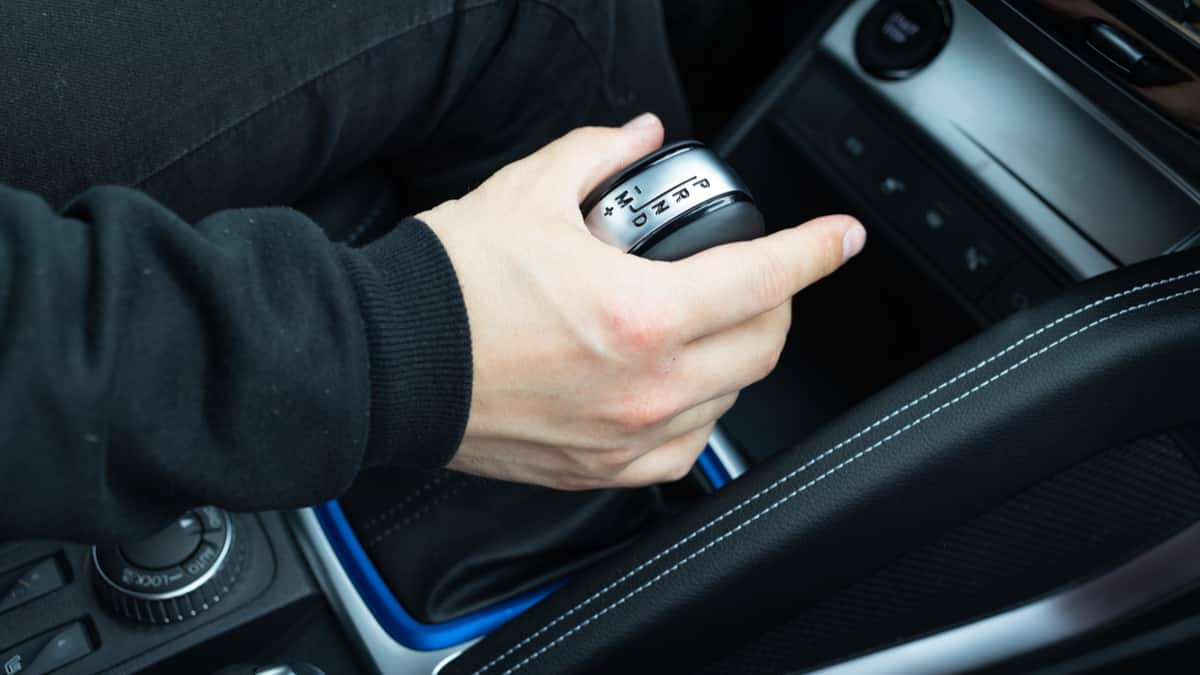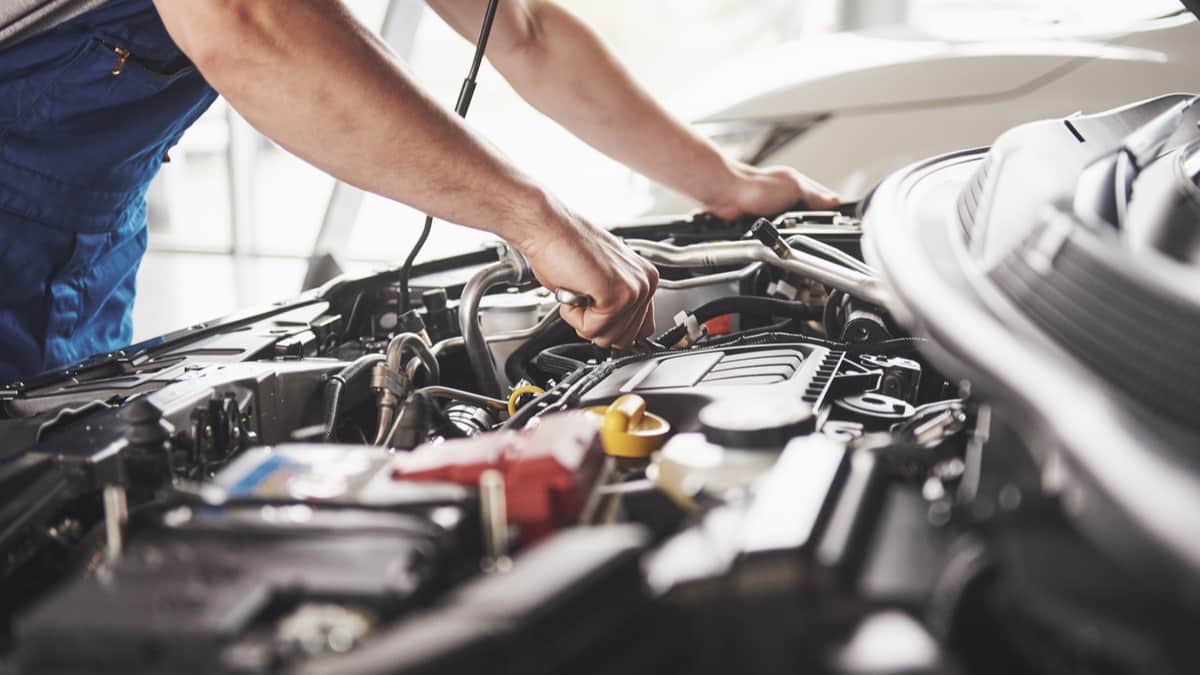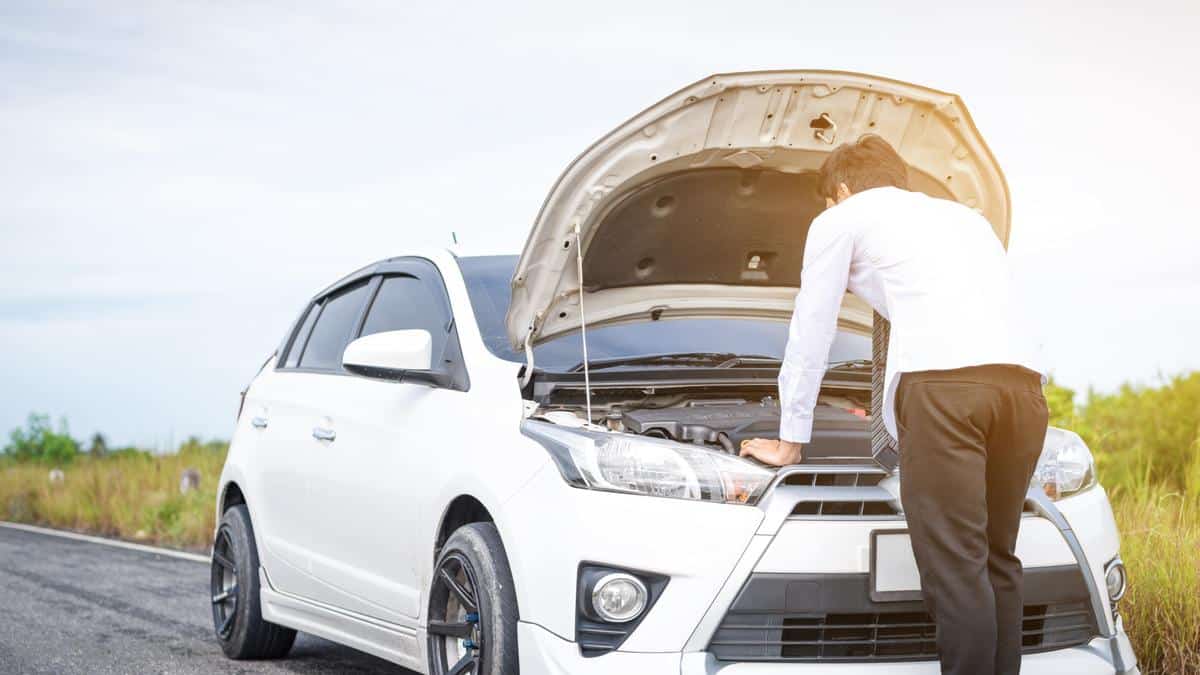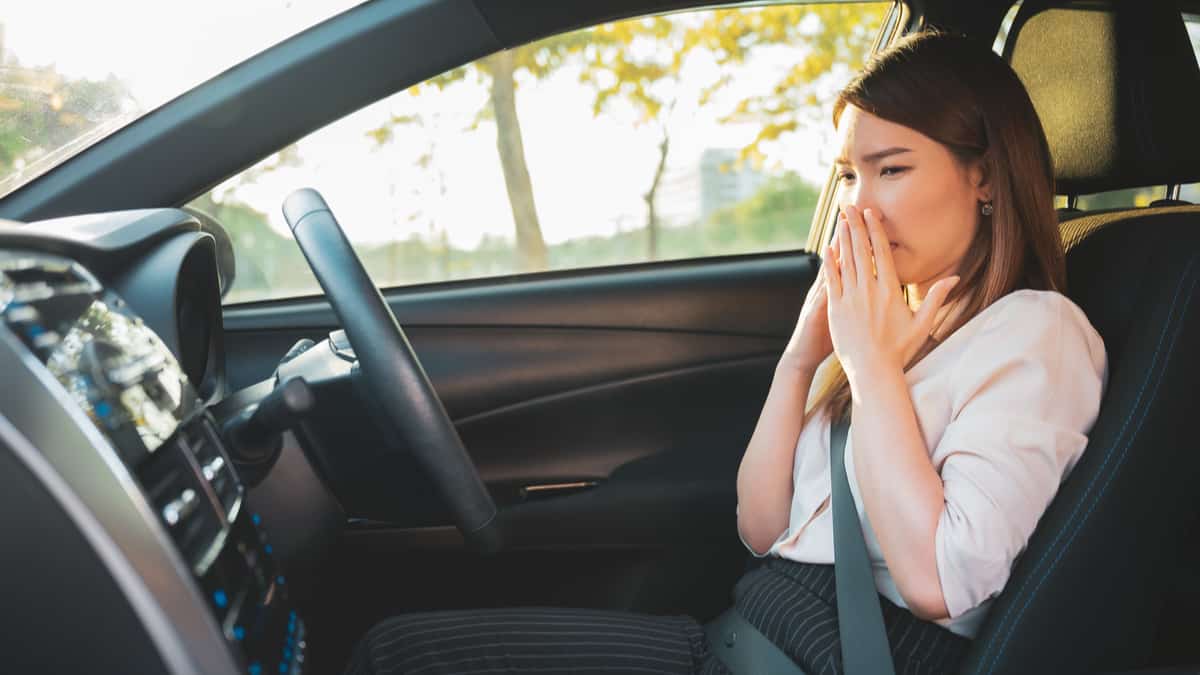If your vehicle is making a knocking or rattling sound, it might be a piston slap. In many cases, this frightening sound indicates that one or more pistons are failing. However, you will probably never hear this noise in a newer vehicle, as it almost exclusively happens on older car models.
I discuss what piston slap is and what might cause it. I will also look at how to repair a piston slap. Let’s begin with the basic information.
What Is Piston Slap?
Piston slap occurs when the piston rocks in the cylinder. Instead of solely moving up and down as it should, it rocks back and forth. In many cases, it means that too much room exists within the cylinder for the piston.
See the following image:
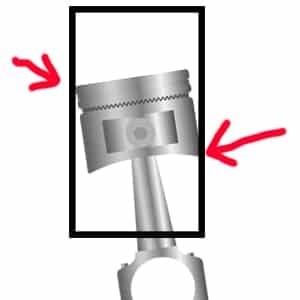
When everything operates normally, the piston should be held in place by the walls. As the skirt of the piston hits the cylinder walls, knocking and rattling occur.
As cars age, piston slap presents itself because of normal wear and tear. In many cases, the noise is louder during idling. As I mentioned before, piston slap is very rare in newer car models, so I strongly recommend making a proper diagnosis before taking the engine apart.
RELATED: What is Rod Knock?
What Causes Piston Slap?
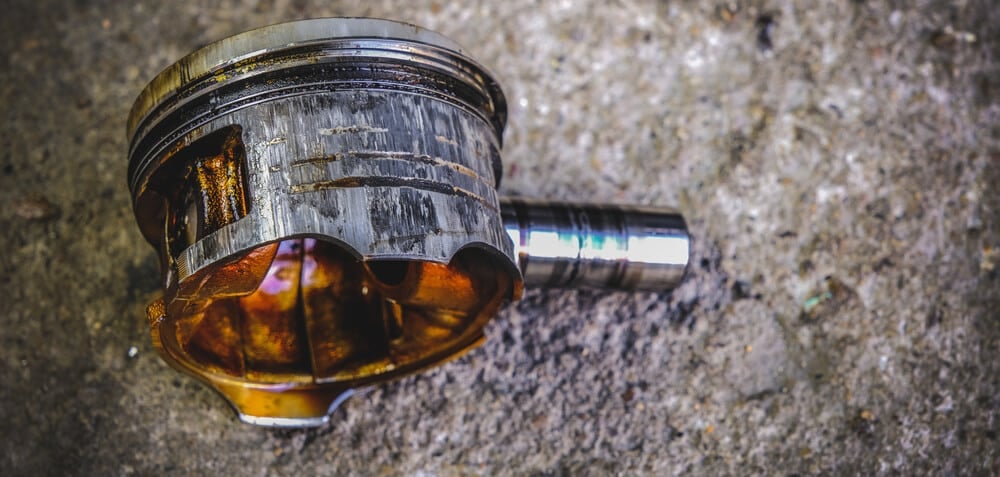
The main cause of piston slap is worn pistons or cylinder walls, creating too big of a distance between the piston and the cylinder wall. When the piston-to-wall clearance becomes too large, the piston begins rocking side to side, creating what is known as a piston slap.
It happens more frequently with aluminum blocks than iron. Additionally, the piston slap might be louder when the engine is first started because of extra cold clearance.
In modern vehicles, the ECU will alert you if the piston variations are off at all. Sadly, the only way to deal with a piston slap is to figure out what is causing it and repair the problem.
RELATED: 6 Causes of a Knocking or Pinging Car Engine
1. Check Engine Light
If the piston begins to fail, you might see the Check Engine Light come on. With modern vehicles, the onboard diagnostic system sends out an error code when something is wrong.
With an OBDII scanner, you should be able to see the exact cylinder that is affected. However, knocking can also be caused by other issues, such as a dirty fuel injector or trouble in the ignition system.
2. Burnt Piston
Fuel injectors can get dirty over time. If left unchecked, a dirty fuel injector can lead to a hole in the top of the piston.
Additionally, using the wrong spark plugs can lead to burnt pistons. The only way to see this problem is to open up the top of the engine.
How to Fix Piston Slap
Understanding what piston slap is, helps you figure out how to fix it. You will need to determine what has caused the problem to completely repair it. Start by checking the pistons to see what condition they are in. This requires you to take apart the engine. If you don’t have the experience for this, you want to take your vehicle to a licensed mechanic.
In most cases, piston slap is caused by the pistons themselves knocking on the cylinders. In this case, the only way to fix the problem is to get a new piston. Prior to this fix, you need to perform an engine compression test. If there are other issues with the engine, or if your vehicle is older, it might not be worth replacing the piston.
If you decide to move forward with a piston replacement, make sure you swap out the rings for new ones. Defective piston rings could have led to some of the problems you are experiencing. Plus, now would be the time to replace the piston rings, anyway, because the engine will already be apart.
Replacing a piston can cost $1,000 or more, making it a very expensive repair. That’s why many people with older vehicles choose not to replace the piston at all. At first, the bad piston is going to create a lot of noise, but it might not lead to permanent damage. If you plan to keep your vehicle, you will want to get the piston replaced before it leads to more severe engine damage.
Will piston slap damage an engine?
A piston slap is damaging to the engine, especially if it’s put under heavy loads while this knocking sound is present. This happens when the gap between the piston and the cylinder is too large. As a result, the piston will start rocking side to side while going up and down, with its sides hitting cylinder walls. This can easily lead to additional mechanical damage, such as scratches and scorches.
Does piston slap go away?
Piston slap is frequent in older cars, whose engine internals were made with some gaps between them. But in most cases, the unpleasant knocking sound will stop once the engine warms up, as this closes these clearances. Although piston slap is rarer in newer cars, it is a much more serious problem for them, because their engine components are made to much closer tolerances. Here, knocking or rattling sounds from the engine mustn’t be ignored.
What oil is best for piston slap?
Thicker oil, such as 15W-40 or heavier, may do wonders at curing piston slap. Being more viscous, it seals off the gaps between the cylinders and pistons, preventing them from rocking from one side to another. This method, however, is only acceptable for older engines with no sensitive hydraulic components. With their hydraulic valve lifters or variable-valve-timing solenoids, modern engines wouldn’t work well with such thick oil.
How do I know if my engine has a piston slap?
Pistons that are slapping will produce a metallic knocking sound whose frequency matches the engine’s speed. At first, this may appear similar to the noise made by noisy valve tappets or failing hydraulic lifers. The difference, however, is that the piston slap will be louder when the engine is under load, and will go away as soon as you back off the throttle.
Can overheating cause piston slap?
Overheating, in most cases, will not result in a piston slap. In fact, it’s more likely for the pistons to seize inside the cylinders when this happens. This is because they will expand as the engine temperature goes up until there is no room for them to move up and down.
Categories: Engine, Troubleshooting
